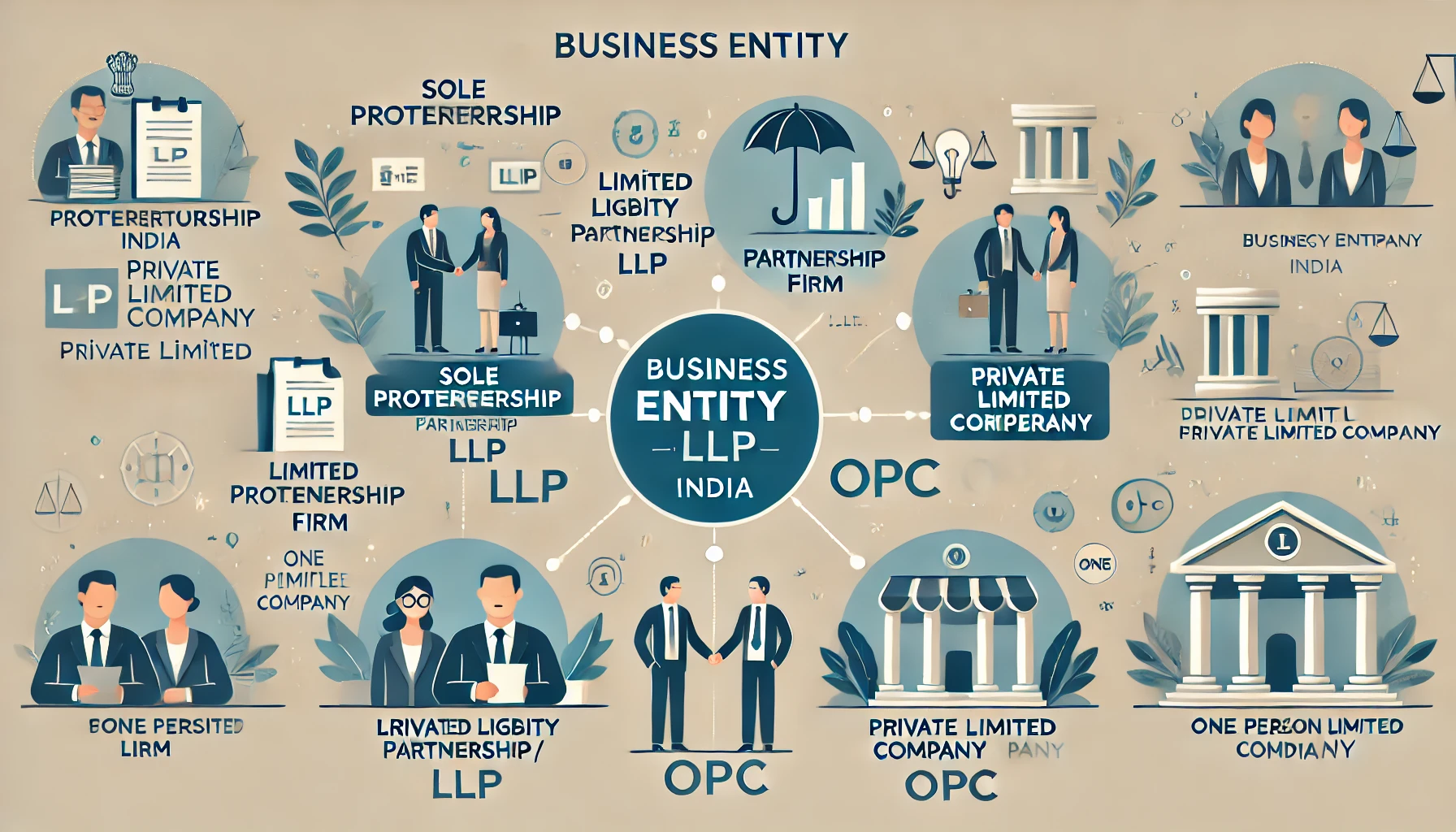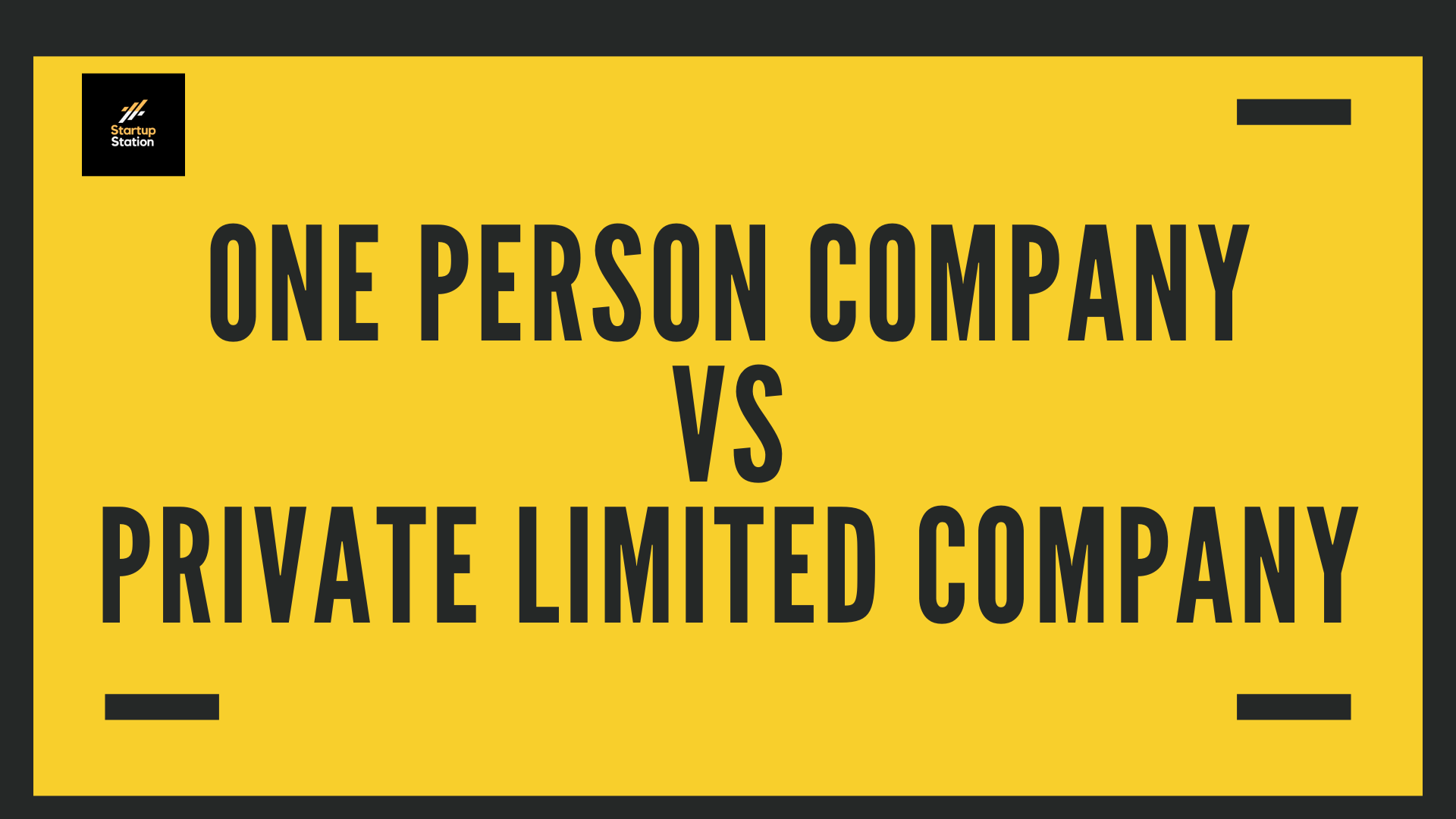In India, both Private Limited Companies and Limited Liability Partnerships (LLPs) are popular forms of business entities, each with its own advantages, disadvantages, and distinct features. Here’s a comparison between the two:
- Nature of Entity:
- Private Limited Company: A private limited company is a separate legal entity distinct from its shareholders. It is governed by the Companies Act, 2013, and the company has its own legal identity separate from its members.
- LLP: An LLP is a hybrid form of business structure that combines features of both partnerships and companies. It provides the benefits of limited liability to its partners and is governed by the Limited Liability Partnership Act, 2008.
- Liability:
- Private Limited Company: The liability of the shareholders is limited to the amount unpaid on their shares. Personal assets of shareholders are not at risk in case the company incurs debts or faces legal proceedings.
- LLP: The partners of an LLP have limited liability, which means their personal assets are not at risk to meet the liabilities of the LLP. However, each partner is liable for their own actions and cannot be held liable for the actions of other partners.
- Ownership and Management:
- Private Limited Company: Ownership is determined by shareholding, and the management of the company is vested in the hands of directors appointed by the shareholders.
- LLP: An LLP is managed by its partners or designated partners. The rights and duties of partners are governed by the LLP agreement, but all partners have the right to manage the business unless otherwise specified.
- Regulatory Compliance:
- Private Limited Company: There are more stringent regulatory compliances for private limited companies, including mandatory annual filings, board meetings, and statutory audit requirements.
- LLP: LLPs generally have fewer regulatory compliances compared to private limited companies. However, annual filings and compliances as prescribed under the LLP Act are mandatory.
- Taxation:
- Private Limited Company: Private limited companies are subject to corporate tax rates. Special Tax rate of 22% can be availed on private limited companies.
- LLP: LLPs are taxed as a partnership, with profits being taxed in the hands of partners based on their profit-sharing ratio. LLPs are taxed at 30%
- Conversion and Closure:
- Private Limited Company: Conversion from a private limited company to an LLP or vice versa involves a specific procedure as prescribed under the Companies Act, 2013, or the LLP Act, 2008.
- LLP: An LLP can be converted into a private limited company and vice versa, subject to compliance with the procedures and conditions specified under the respective laws.
- Perpetual Succession:
- Private Limited Company: A private limited company has perpetual succession, meaning its existence is not affected by the death or departure of any member or shareholder.
- LLP: Like a company, an LLP also has perpetual succession, ensuring continuity in business operations.
In conclusion, the choice between a Private Limited Company and an LLP in India depends on various factors such as the nature of business, growth prospects, funding requirements, tax implications, and regulatory compliances. Entrepreneurs and businesses should carefully evaluate these factors and seek professional advice before deciding on the most appropriate business structure.




